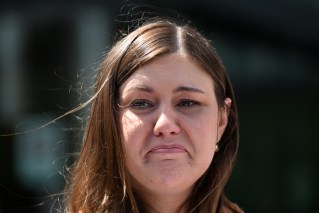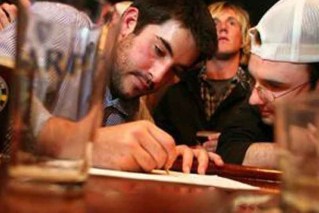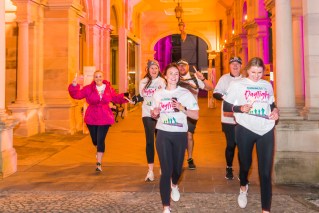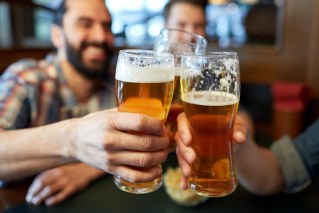COVID beyond the numbers: We lose the battle when we lose the human touch
Amid the stark numbers, we must never forget that the pandemic, and our response to it, is mostly about people, writes Madonna King


The state government has moved to support women with endometriosis. (File image - Australian Nursing and Midwifery Journal)
At a Brisbane hospital this week, as COVID slammed the front door on visitors, an elderly woman climbed out of a taxi.
She walked to the admission desk, and provided her name.
“You’re not on any list,’’ came the curt reply.
“But I should be,’’ she said. “I was told to come at midday, but then they called and said to come at 4pm.’’
She was quiet. Resigned. Leaning on the luggage trolley she brought with her.
“I can’t find you. You’re not listed.’’ That reply again. “Did you actually make an appointment?’’
“Yes,’’ she said.
“When?’’
“Last Friday,’’ she replied. The politeness in her voice didn’t waiver. I was sitting nearby, focused on my own determination to be allowed to see my school-aged child before an operation.
Silence.
And then this elderly woman, who could have been any of our mothers, offered to get a cab back home. And then, as an afterthought, she said this:
“Look love, I’m not here because I wanted to book into a hotel for a few days. I’m here for chemotherapy.’’
Perspective. The administrative officer found the paperwork, and my battle to see a daughter in pain and navigating the nerves around an appendectomy became slightly less urgent.
The lifting of restrictions today (Thursday) means we can put the masks away, invite more people to our home, stand up for beers in a bar and dance as wildly as we like.
But it means something else for a whole cohort of people who aren’t in the news, and whose views are muted by the arguments about borders and tourism and lockdowns.
The elderly, in aged care facilities, who haven’t held the hand of a loved one for more than two weeks.
The gravely-ill, wondering if they’ll survive the lockdown to once again see the sparkle in the eyes of those they love most.
Hospitals here, and abroad, are looking at innovations to try and replicate the human touch; one even using rubber gloves filled with air to mirror the comfort of holding hands.
But the challenges of COVID are not just around vaccines and jobless figures, despite the importance of those issues.
How we deal and care for people, at the centre of COVID, is as crucial – arguably more so – as the daily tally of infections.
One more case, but nothing to worry about because it was while the person was in hotel quarantine.
No more locally-acquired cases, so there will be no impact on restrictions.
Earlier this week, an 80-year-old Australian died from COVID-19, after acquiring it in the Philippines and transiting through Papua New Guinea.
We know those details, and the fact that he tested positive on day five, and that he is the seventh Queenslander to die.
But what about the heartache he leaves behind? The dreadful loneliness he might have suffered, prior to dying. What about the heartache behind the number?
What about the Hotel Grand Chancellor cleaner who contracted the virus from one of its quarantine guests? Has she recovered? How ill did she get? Did she have someone to care for her? Has she been offered counselling, after the spate of incorrect and obnoxious accusations sent her way?
What about the Chinese shopkeepers in Brisbane who are facing daily abuse, and the young children, filling our childcare centres, who now see as normal those masked human faces, hiding smiles?
What about our first and second year university students who are now routinely attending lectures from the isolation of their bedrooms, without the support and friendships their parents enjoyed at the same age?
The medical and economic challenges around COVID-19 cannot be underestimated.
But perhaps the biggest challenge will end up being how we treat each other, and the value of those maskless smiles that will be back in vogue today.













